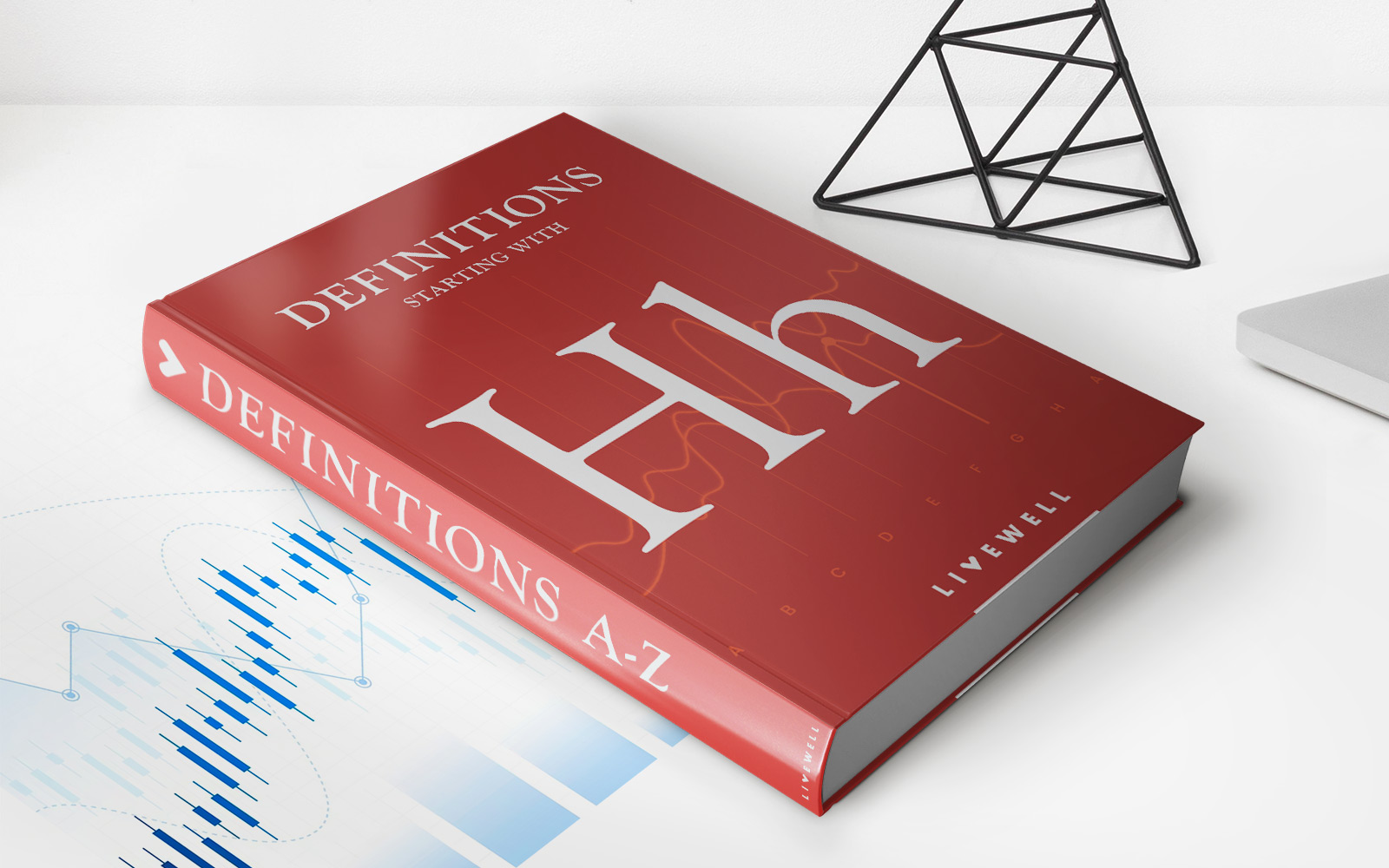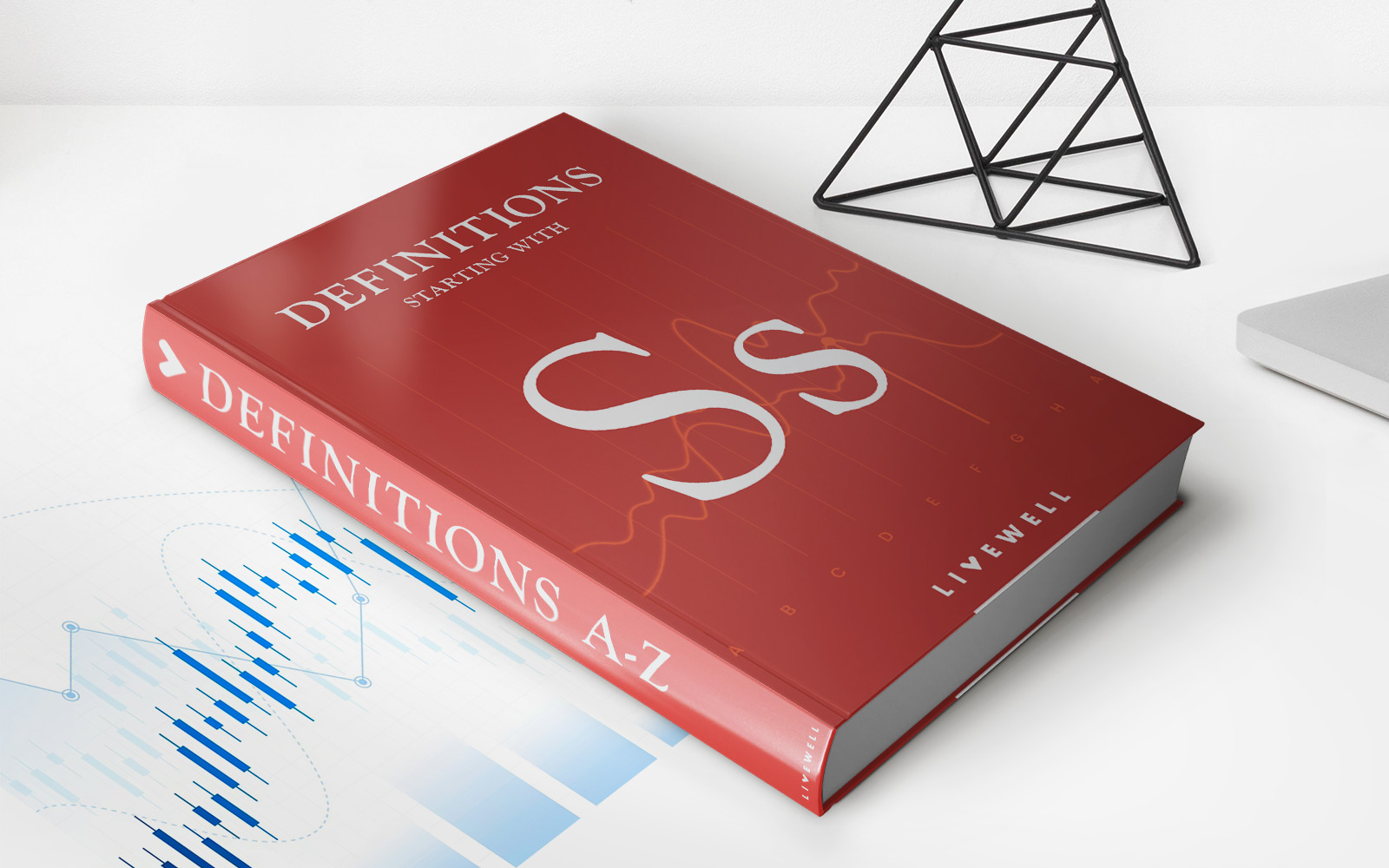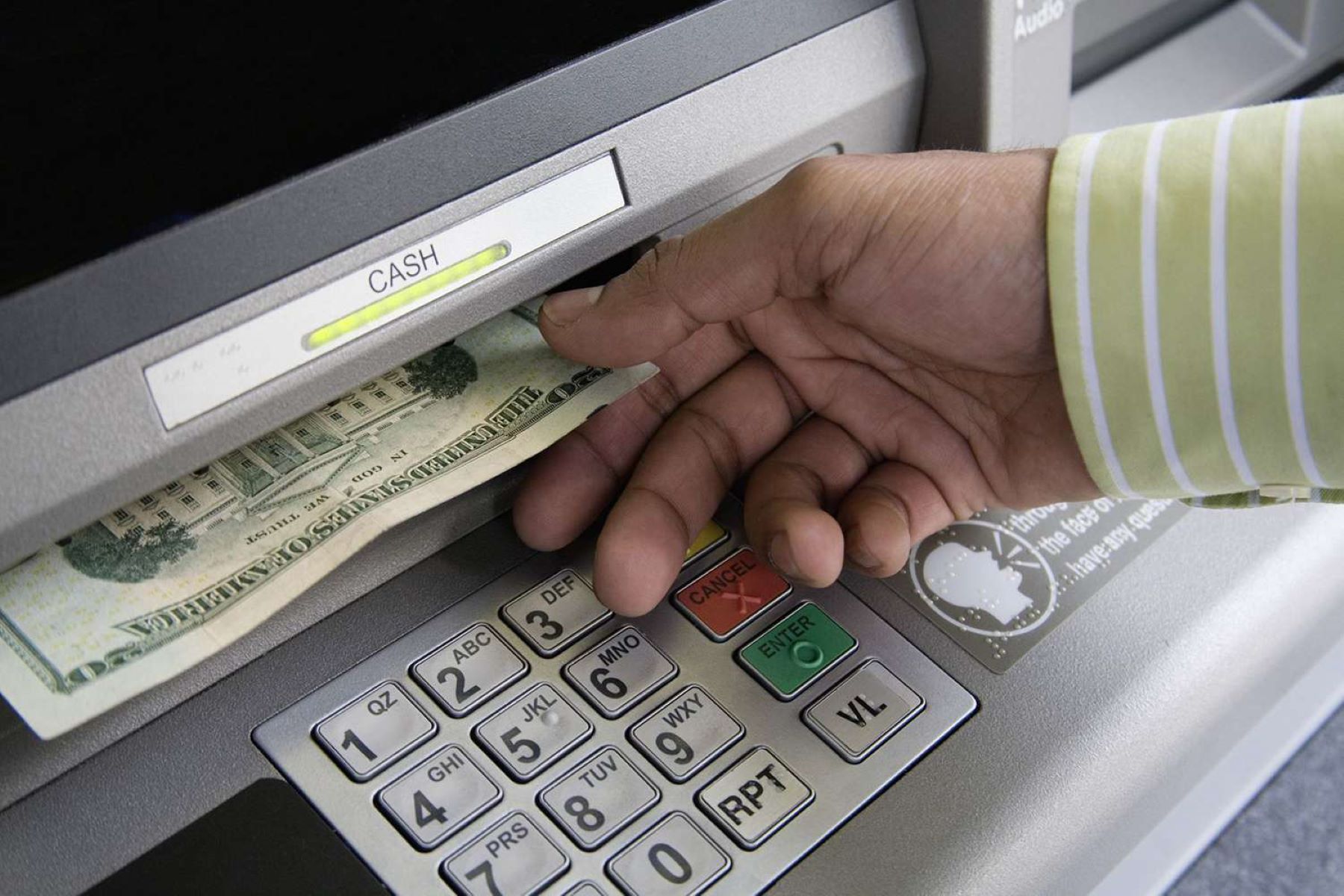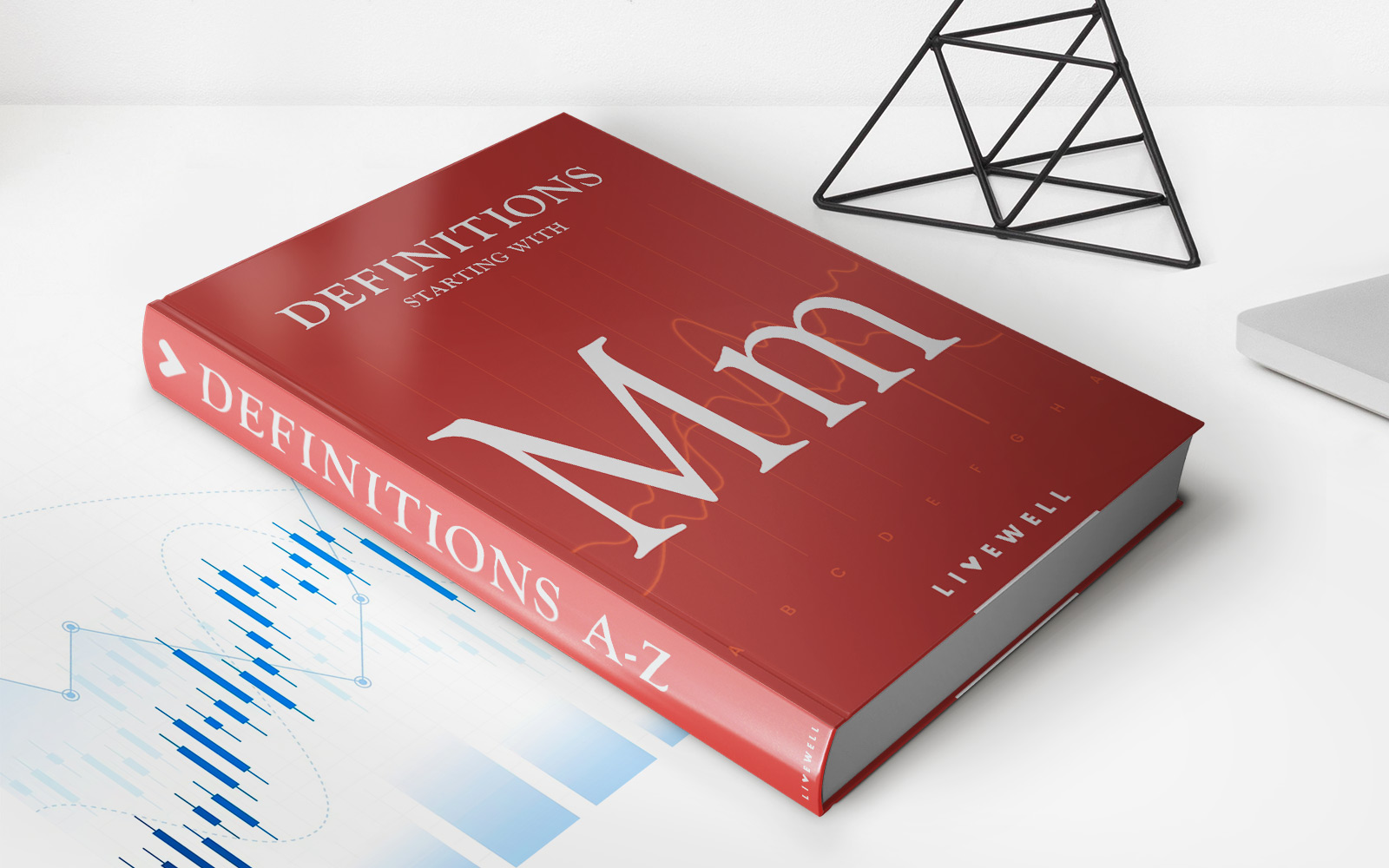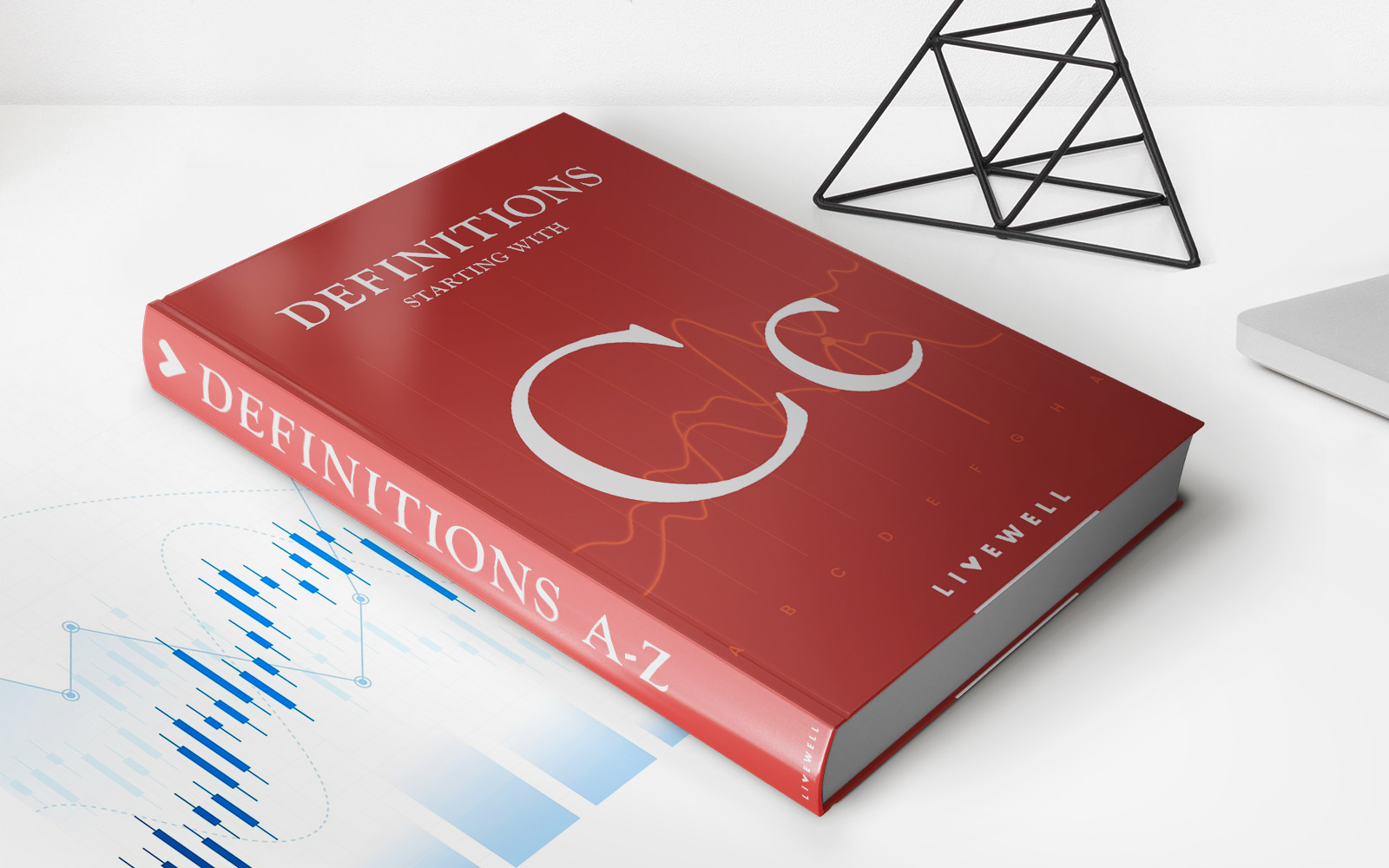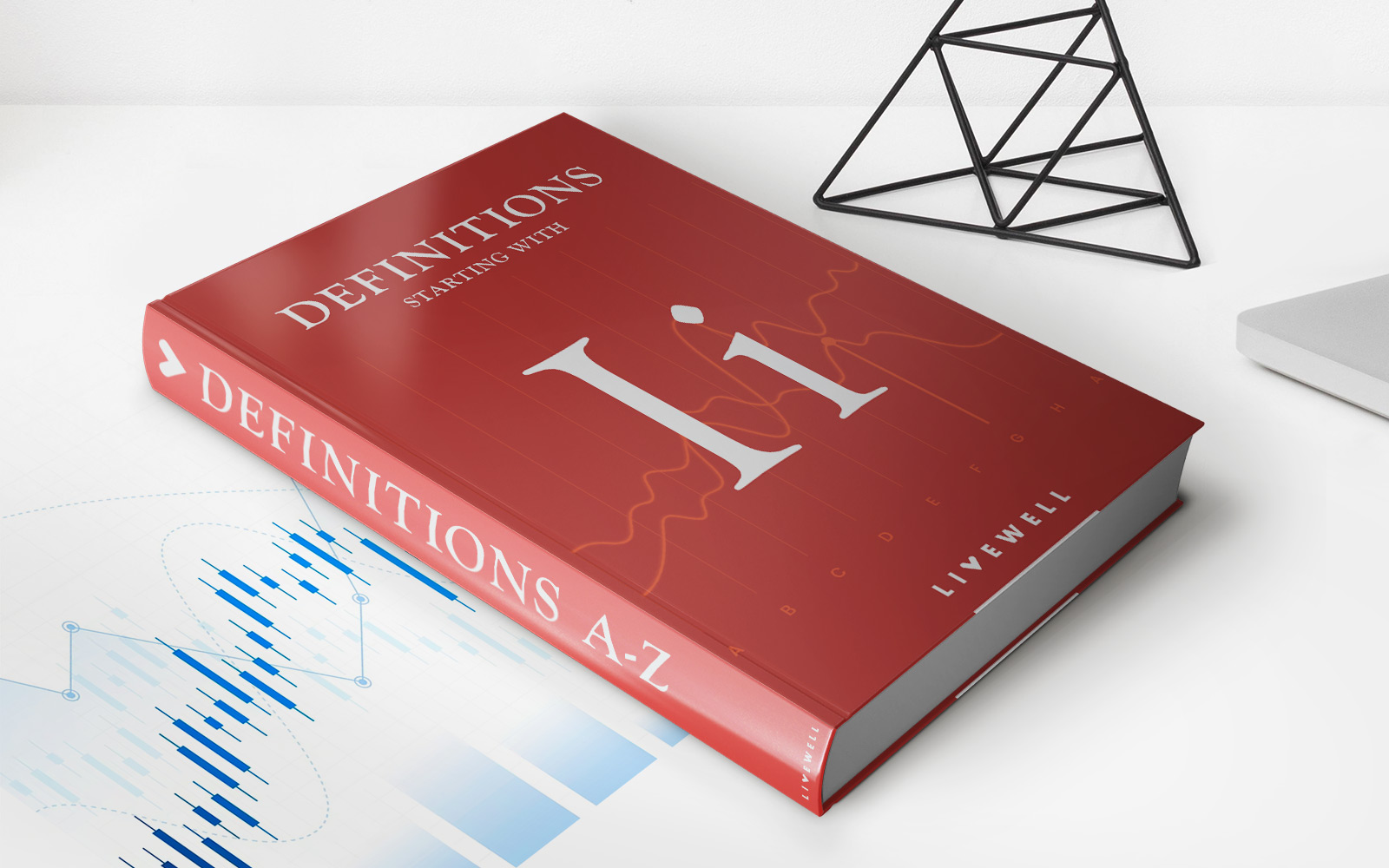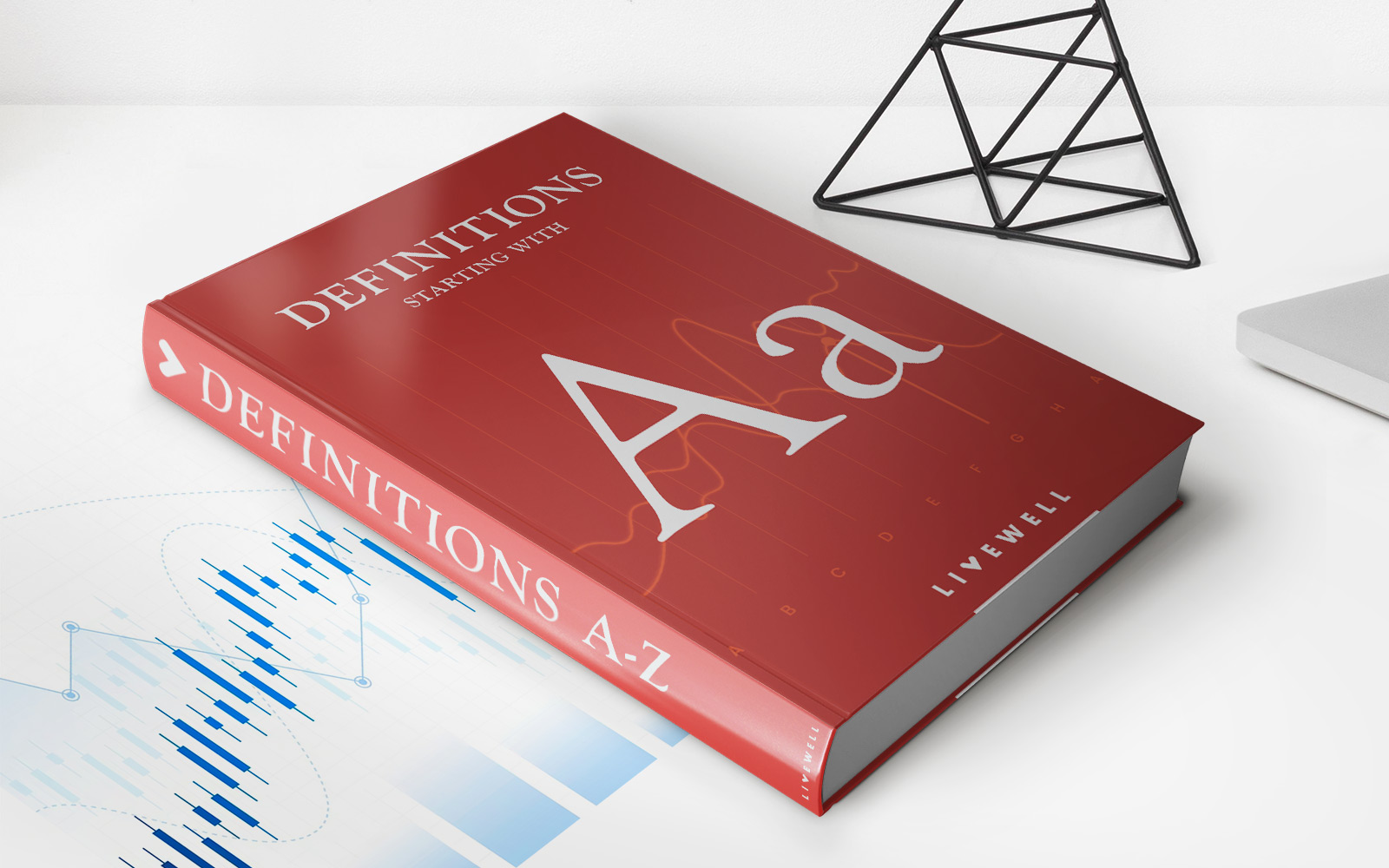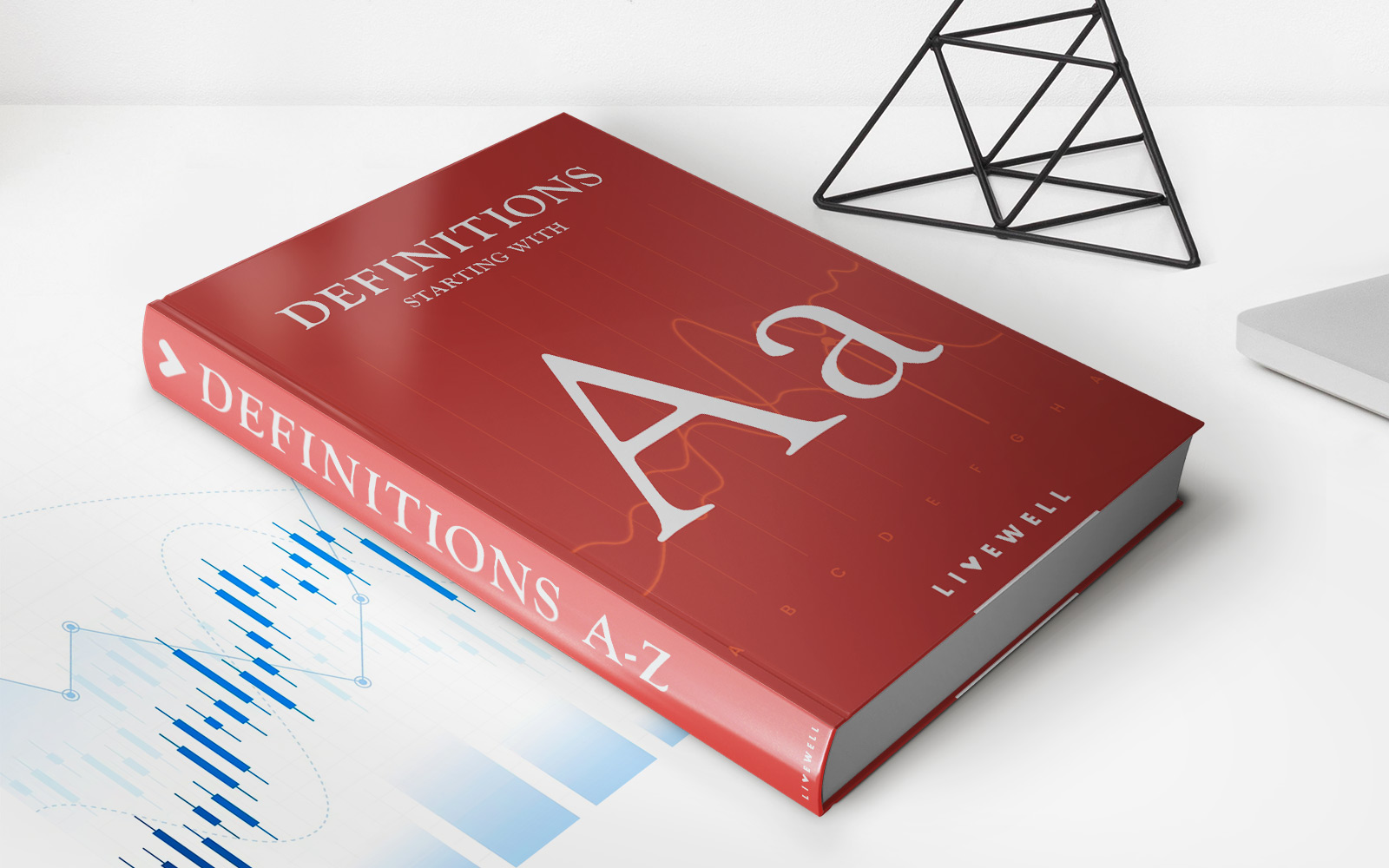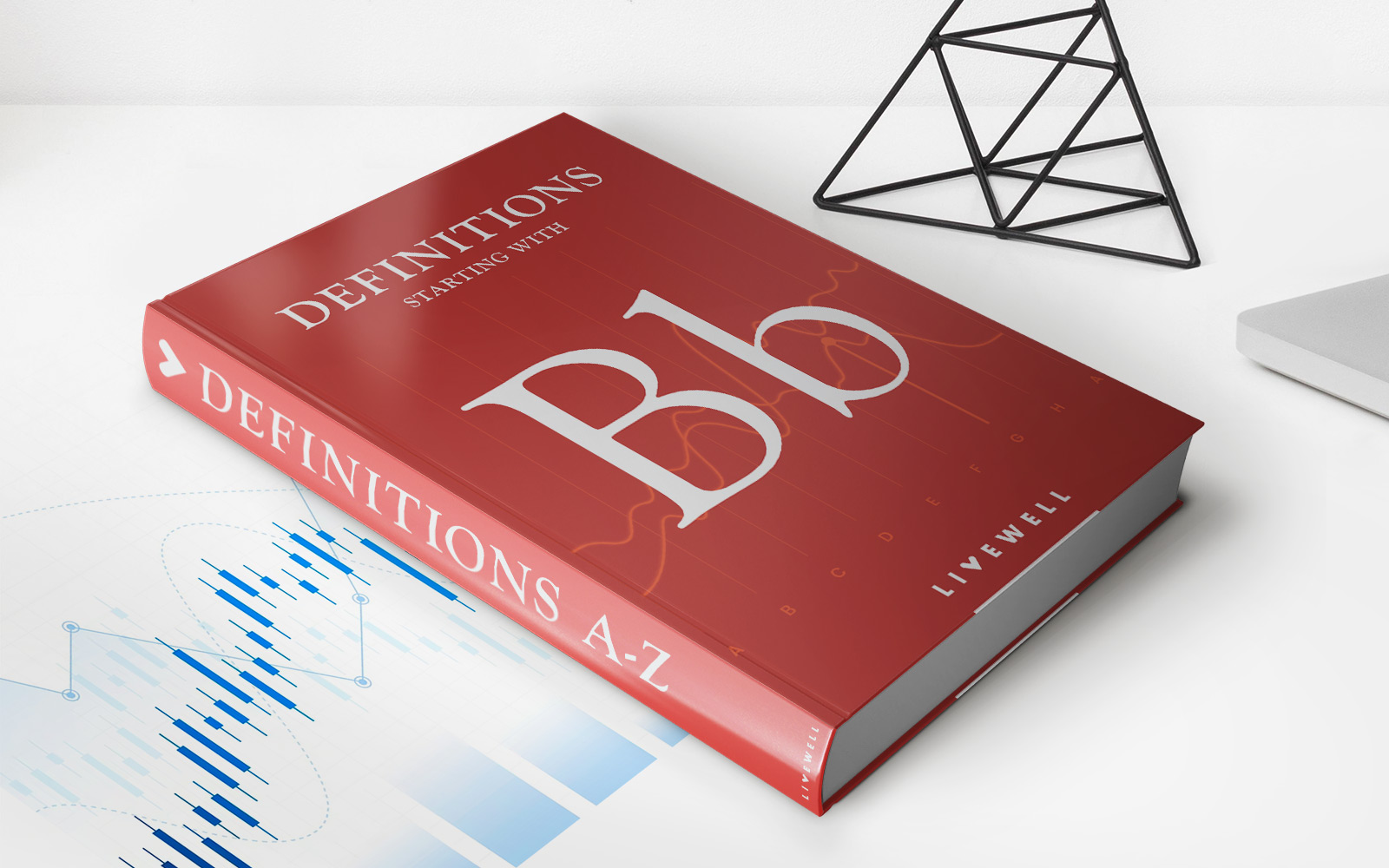Home>Finance>Cash Advance: Definition, Types, And Impact On Credit Score
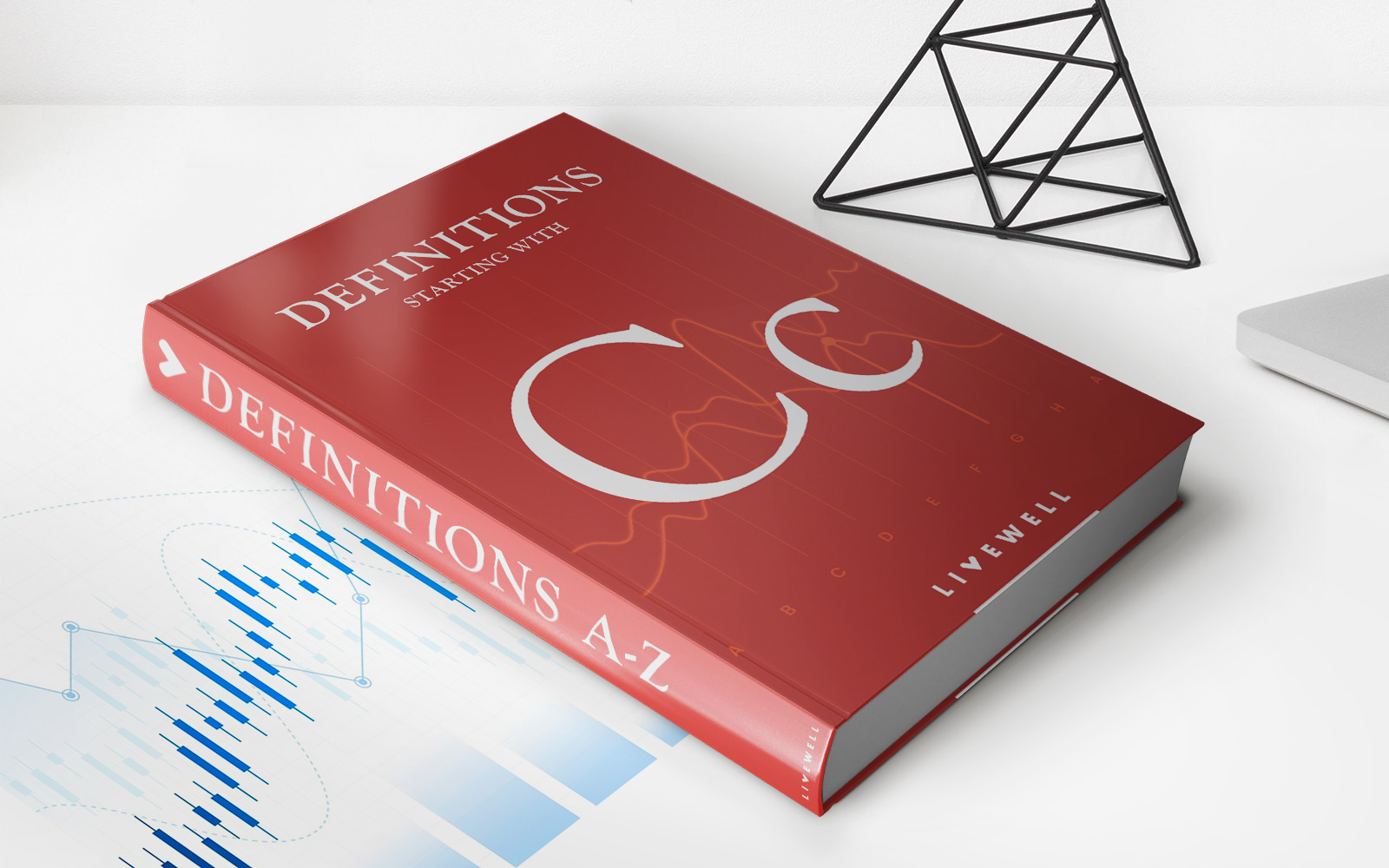

Finance
Cash Advance: Definition, Types, And Impact On Credit Score
Published: October 24, 2023
Learn what a cash advance is, its various types, and how it can affect your credit score. Explore the financial aspects of cash advances in our comprehensive guide.
(Many of the links in this article redirect to a specific reviewed product. Your purchase of these products through affiliate links helps to generate commission for LiveWell, at no extra cost. Learn more)
Cash Advance: Definition, Types, and Impact on Credit Score
Welcome to our “FINANCE” category where we delve into various financial topics to help you make informed decisions about your money. In this blog post, we will explore the world of cash advances – their definition, types, and their potential impact on your credit score. So if you’ve ever wondered what a cash advance is and how it might affect your financial situation, keep reading to find out more.
Key Takeaways:
- A cash advance is a short-term loan borrowed against your credit card’s limit.
- There are two types of cash advances: ATM withdrawals and direct cash advances.
Let’s start with the basics. What exactly is a cash advance? In simple terms, a cash advance is a short-term loan that you can borrow against your credit card’s limit. It allows you to withdraw cash from an ATM or directly from a bank or financial institution. The amount you can borrow usually depends on your credit limit and may come with high interest rates and additional fees. Now, let’s take a closer look at the two types of cash advances.
1. ATM Withdrawals:
When you need cash on the go, you can use your credit card at an ATM to withdraw money. This convenient option allows you to access funds quickly, but keep in mind that ATM cash advances often come with higher interest rates than regular credit card purchases. Additionally, some banks may charge a transaction fee for every ATM cash advance you make.
2. Direct Cash Advances:
If you need a larger amount of money, you can opt for a direct cash advance. In this case, you would visit a bank or financial institution and request cash using your credit card. The amount you can borrow may be limited compared to your credit limit, and again, interest rates and fees could be higher with this type of cash advance.
Now, let’s address the second part of our blog post – the impact of cash advances on your credit score. It’s important to note that cash advances can have a negative impact on your credit score. Here’s how:
Credit Utilization Ratio
When you take a cash advance, the amount you borrow adds to your credit card balance. This can increase your credit utilization ratio, which is the percentage of your available credit that you are currently using. A high credit utilization ratio can lower your credit score because it suggests that you rely heavily on credit and may be a riskier borrower.
How to Minimize the Impact
- Consider other alternatives: Before opting for a cash advance, explore other options like personal loans or borrowing from friends or family.
- Use them sparingly: Cash advances should be used as a last resort for emergencies and not as a regular source of funds.
- Repay promptly: As with any loan, it’s crucial to repay your cash advance as soon as possible to minimize interest charges and reduce the impact on your credit score.
Remember, cash advances can be a convenient solution in times of need, but they should be used cautiously. Understanding the potential impact on your credit score and exploring alternatives can help you make the best financial decisions for your situation. We hope this blog post has shed some light on the world of cash advances and provided you with valuable insights.

